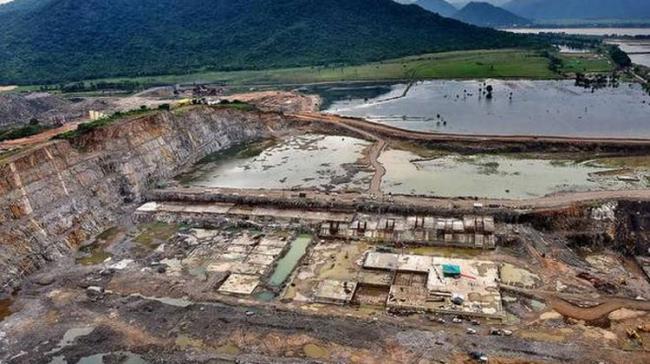Polavaram: Rehabilitate Displaced Tribals First, Says NCST

Bhubaneswar: National Commission for Scheduled Tribes (NCST) chairman Nand Kumar Sai on Friday said arrangements for proper rehabilitation of tribals to be affected by the Polavaram irrigation project in Andhra Pradesh should be made before they are displaced.
"Whether it is the case of Andhra Pradesh, Telangana or Odisha, there should be an alternative arrangement for their rehabilitation before the displacement of tribal people," NCST chairman told reporters here.
Sai on Friday met Odisha Chief Minister Naveen Patnaik, who sought the intervention of NCST chairman over the submergence of land and displacement of tribals following the execution of the Polavaram project in Andhra Pradesh.
Also read: Polavaram Project Under Scrutiny For Corruption
The state government claimed the project would lead to submergence of a large portion of tribal land in Malkangiri district of the state.
"I had written a letter to the Prime Minister requesting him not to displace the poor tribals, who depend upon their land. There should an alternative arrangement for their rehabilitation. I will take up the matter with the concerned authorities at the Centre," said Sai.
If required, the commission will send a fact-finding team to assess the situation in the project area, he added.
He requested the state government to return the excess land of about 5,000 acres of Rourkela Steel Plant to the tribals.
Also read: Polavaram Project Completion Impossible Before 2019 With Present Design: NHPC
Under the Fifth Schedule of the Constitution tribal lands can be leased out but cannot be sold. Therefore, the state government was requested to return the excess land, said the NCST chairman.
While he expressed his satisfaction over disbursal of individual titles to the tribals under the Forest Rights Act, Sai said the state government should improve its performance in giving community rights to them.
He also urged the government to increase the minimum support price on forest produce for the livelihood support of the tribals.
IANS




